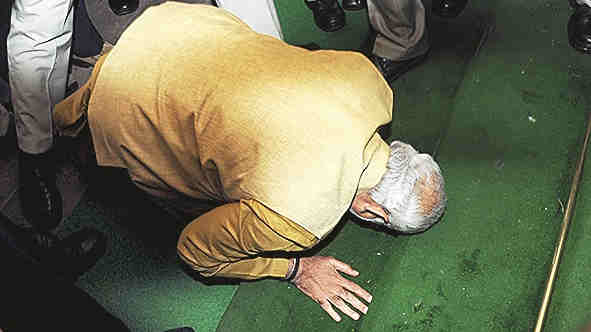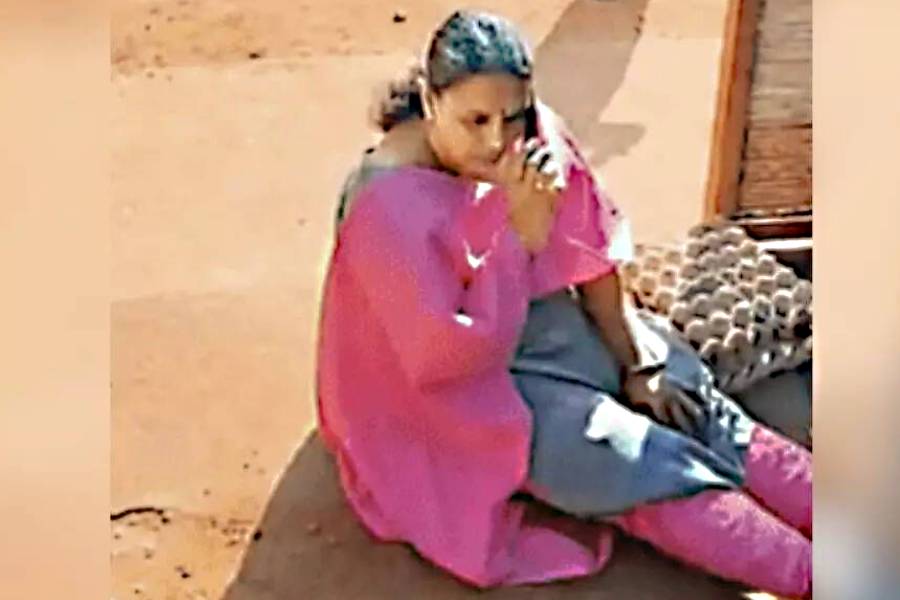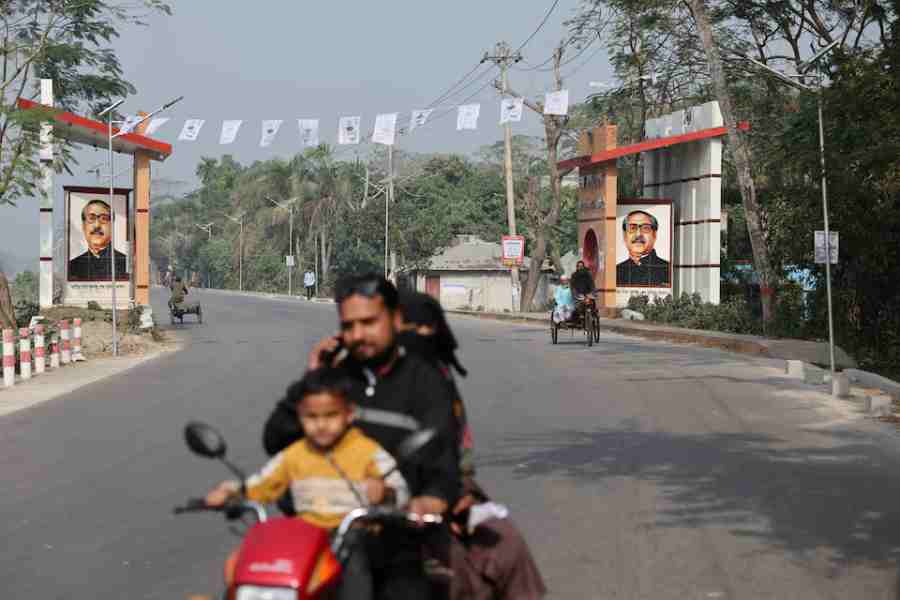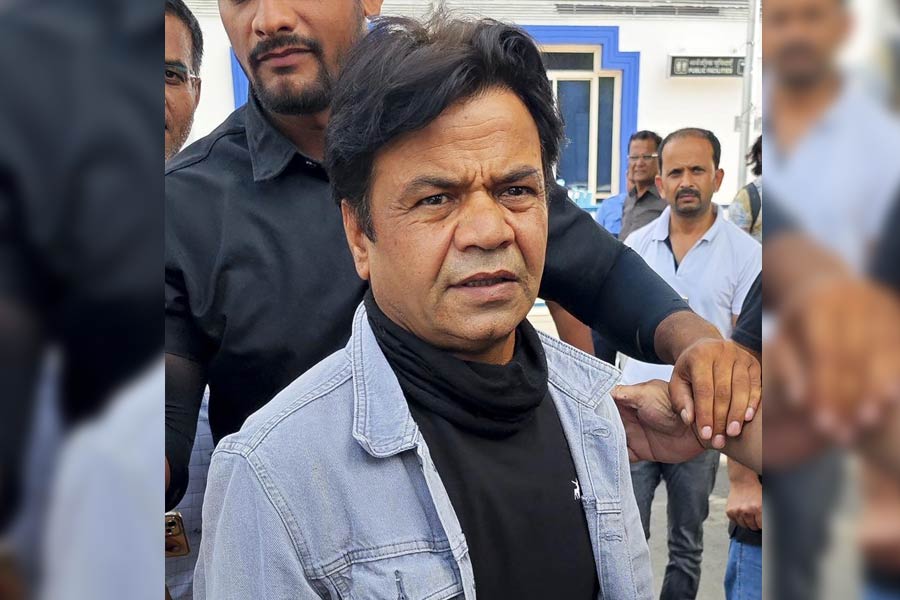There are many scholars and others with a nodding acquaintance of scholarship who love prefacing the contemporary experience of countries such as India with the term, ‘post-colonial’. As a chronological expression, this is unexceptionable. However, post-colonial comes with a great deal of excess baggage, some necessary, some imaginatively contrived, and most well beyond the comprehension of those outside an academic bubble.
Post-colonial also comes with its own set of values, mostly the creation of talented individuals whose greatest regret in life is that they have been kept at a distance from political power. Judged by this value system, parliamentary democracy is a system of government that was implanted in the colonies by rulers who either knew nothing better or were too intellectually lazy to consider other possibilities. Echoing Mahatma Gandhi and some others who felt that robust decision-making in a country such as India ought to have been based on village councils — the panchayats — and other indigenous institutions, the conviction is that the whole business of Constitution-making that accompanied the unravelling of the British Empire (or, for that matter, its French counterpart) was inherently flawed. It was thought to be a culturally disruptive exercise because the post-colonial elites were created in the mirror image of their erstwhile colonial masters.
In the evocative language of Nirad C. Chaudhuri, Indians always aspired to be an integral part of the British Empire but felt short-changed because subjecthood was not accompanied by citizenship. At the same time, “all that was good and living within us was made, shaped, and quickened by... British rule.” By this logic, the emulation of the pure ideals of the Westminster form of democratic government — what Dadabhai Naoroji deemed the removal of the “un-British” facets of British rule — was a compelling purpose behind the restoration of sovereignty to Indians. Chaudhuri was no admirer of Jawaharlal Nehru, a man who distanced his anti-colonialism from his association with the civic culture of Britain. But their ideas did have a convergence. Consequently, a mischievous thought arises: what did India’s first prime minister have in mind in his speech to the Constituent Assembly on August 14-15, 1947, when he spoke of giving expression to the “soul of a nation, long suppressed”?
Dissecting the mind of Nehru is a fashionable pastime, not least in today’s context when the consensus he crafted is being challenged. However, it is undeniable that apart from the old Dominions that internalized the political culture of the ‘mother country’, India is perhaps the only former colony that has broadly adhered to democracy and the parliamentary form of government for over seven decades. Most of the other territories that were coloured red in the pre-1939 map of the world have deviated in one way or another since regaining national sovereignty — although, as in the case of Sri Lanka, this may not have resulted in the abdication of democracy.
The deification of parliamentary democracy is now deep-rooted in India. During the Emergency, Indira Gandhi may have set up a committee headed by Sardar Swaran Singh — otherwise known for his redoubtable skills in prevarication — to report on the feasibility of a presidential form of government. Her resounding defeat in 1977 put paid to all such plans and they were never revived when she returned to power in 1980. True, there are those who still argue for a presidential system (or at least a variant of the French system, as in Sri Lanka). But apart from drawing-room conversations, a departure from the present parliamentary system has not found acceptance. On the contrary, references to Parliament as the ‘temple of democracy’ are recurrent. In 2014, on entering the circular building designed by Sir Herbert Baker for the first time as both prime minister and member of Parliament, Narendra Modi knelt and touched his forehead on the steps of this ‘temple’ of modern India. Indeed, so strong is the attraction of MPs, both past and present, to the present Parliament building — admittedly lacking in many modern facilities and good housekeeping — that there is some resistance to moving to a new building in 2022.
The acknowledgement of Parliament as a pillar of Indian democracy runs quite deep. The five thick volumes of the proceedings of the Constituent Assembly enjoy an iconic status in India, almost equivalent to that of the Federalist Papers in the United States of America. The speeches of the founding fathers are routinely cited in political debates and even in the judgments of the high courts and the Supreme Court. Elements in the Constitution enjoy an elevated, scriptural status of being the ‘basic structure’ that is inviolable by subsequent Parliaments. Although — and unlike Westminster — parliamentary sovereignty is circumscribed by the principle of judicial review, the belief that its decisions are special runs through the political discourse. While fiercely guarding their own status, even judicial pronouncements seek constant parliamentary endorsement — as happened with modifications in personal laws.
In the mythology of Indian politics, parliamentarians also enjoy a special status. Despite his occasional bouts of bad temper, Nehru is held up as a leader who accorded exceptional importance to Parliament and who participated in the crucial debates of the day. Atal Bihari Vajpayee made his mark as an old-style orator and his interventions were appreciated across party lines. The respectability enjoyed by the communists among opinion-makers owed greatly to the performances of MPs such as Hiren Mukherjee, Indrajit Gupta, Bhupesh Gupta and Jyotirmoy Basu. And, of course, there were special characters such as the noisy Raj Narain, the clinical Minoo Masani, and the Falstaffian wit, Piloo Mody. Together, these individuals contributed to the establishment of Parliament as India’s most exclusive political club whose membership was sought after by good people. Of course, Parliament also held out a strong attraction for the disreputable.
The sanctity and exclusivity of Parliament as an institution owed substantially to the fact that over the decades it developed a robust culture and traditions of its own. Once upon a time, it was Erskine May’s collation of parliamentary procedures in Westminster that was the guide. Today, it has been replaced by Kaul and Shakdher’s and, lately, by Subhash Kashyap’s work on the subject — pointers to the fact that Parliament, like cricket, has ceased to be regarded as an inappropriate foreign import.
The two principles that made Parliament work effectively are incredibly simple. First, the decision of the Chair was deemed to be final. By implication, the Chair was expected to be non-partisan and a stickler for the rule book. Secondly, Parliament provided for a member to be heard — even if he/she was talking rot — with at least the pretence of courtesy.
Regrettably, these assumptions have been both challenged and brazenly disregarded in recent days. The disruption of proceedings by a boisterous Opposition isn’t unique — it has been happening on a routine basis since the mid-1990s — and no party can be absolved of responsibility. Yet, two features stand out. First, the disrespect of the Chair by MPs shouting slogans from the Well of the House has crossed all boundaries. Today, the flaunting of placards has also become the new norm. Secondly, in a new twist to the protests, errant MPs have begun moving across benches to drown out fellow members who have dared to make their interventions above the slogan-shouting. This was the treatment meted out to members of the Biju Janata Dal, the Telugu Desam Party and the YSR Congress in the Rajya Sabha last Tuesday. West Bengal’s role in the derailment of parliamentary conventions has been seminal.
A few more similar incidents and the demand for a presidential form of government will become unstoppable. Parliament is making itself dysfunctional.










